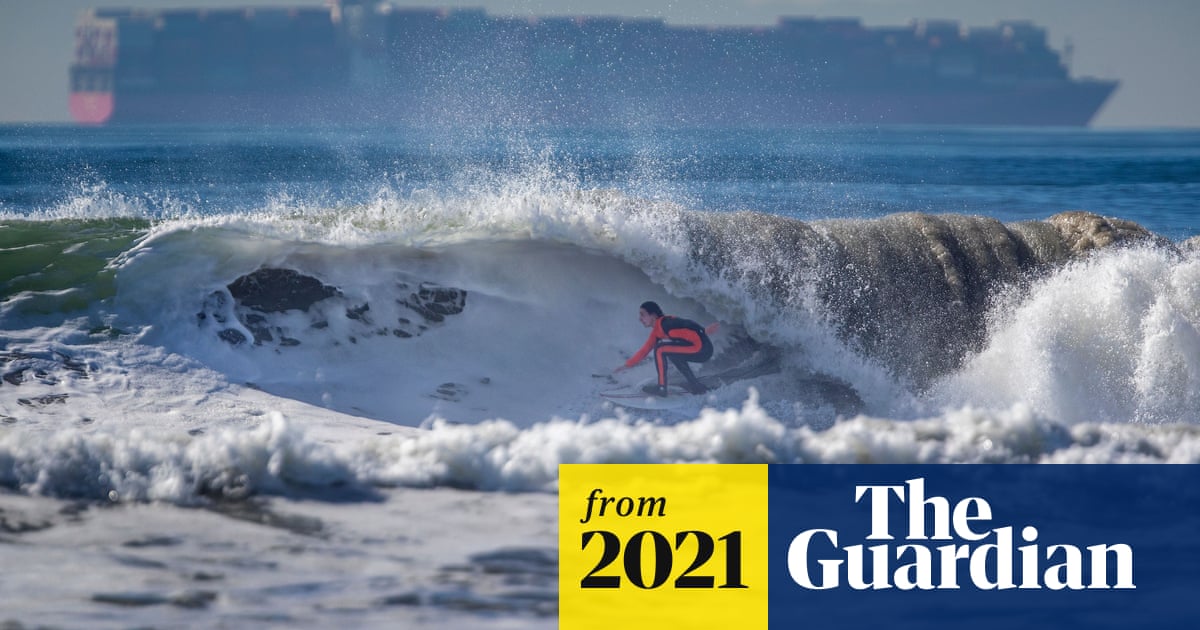Disir
Platinum Member
- Sep 30, 2011
- 28,003
- 9,611
- 910
A SPRINKLING of iron ore “glued” onto rice husks using goo from plants hardly sounds like a recipe for saving the planet. Not to mention the fact that the mixture is designed to mimic whale faeces.
And yet if a team of researchers backed by a former chief scientific adviser to the UK government crack this, it could be coming to an ocean near you soon. Theirs is just one of several projects across the world, small in scale but big in vision, looking at a new way to stave off the worst effects of climate change: engineering the oceans.
Similar “geoengineering” proposals are highly controversial, and this idea is no different, horrifying those who warn of the potential unintended consequences of fiddling with sensitive marine environments. But the world’s lack of progress on curbing carbon emissions might make it necessary. A recent report from the Intergovernmental Panel on Climate Change (IPCC) on how to tackle climate change made clear that deploying techniques to remove carbon dioxide from the atmosphere will be “unavoidable” if humanity is to achieve net zero carbon emissions around the middle of the century. On land, there are plenty of schemes to do that, from planting trees to machines in Iceland that chemically capture CO2 so it can be buried deep underground. But getting any of them to the scale we need in time to really make a difference is a tough ask. It could be that we need the oceans, too.

 www.newscientist.com
www.newscientist.com
Do you know how we like to say that there are no stupid questions? I think we should keep that but smile and say no--firmly.
And yet if a team of researchers backed by a former chief scientific adviser to the UK government crack this, it could be coming to an ocean near you soon. Theirs is just one of several projects across the world, small in scale but big in vision, looking at a new way to stave off the worst effects of climate change: engineering the oceans.
Similar “geoengineering” proposals are highly controversial, and this idea is no different, horrifying those who warn of the potential unintended consequences of fiddling with sensitive marine environments. But the world’s lack of progress on curbing carbon emissions might make it necessary. A recent report from the Intergovernmental Panel on Climate Change (IPCC) on how to tackle climate change made clear that deploying techniques to remove carbon dioxide from the atmosphere will be “unavoidable” if humanity is to achieve net zero carbon emissions around the middle of the century. On land, there are plenty of schemes to do that, from planting trees to machines in Iceland that chemically capture CO2 so it can be buried deep underground. But getting any of them to the scale we need in time to really make a difference is a tough ask. It could be that we need the oceans, too.

Can we beat climate change by geoengineering the oceans?
Chemically altering the seas through iron fertilisation or alkalinity enhancement could be our best hope to suck vast amounts of carbon out of the atmosphere – but questions remain on whether it is worth the risk
Do you know how we like to say that there are no stupid questions? I think we should keep that but smile and say no--firmly.




